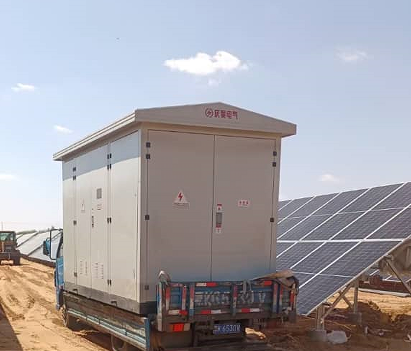Preparing a site for transformer installation is a critical process that ensures the safety, efficiency, and longevity of the transformer. Below is an essential checklist to follow during the preparation stage:
Site Selection and Evaluation
Assess the proposed site for its suitability regarding clearances from buildings, power lines, and other hazards.
Ensure the site is accessible for transportation and installation of the transformer, considering the weight, size, and any special equipment needs.
Verify soil stability and drainage characteristics; conduct a geotechnical survey if necessary.
Permits and Regulations
Obtain all necessary permits from local authorities, including electrical permits, construction permits, and environmental approvals.
Comply with national and local electrical codes, safety standards, and environmental regulations.
Site Preparation
Clear the area of debris, vegetation, and any existing structures as needed.
Level and compact the ground where the transformer will be placed to ensure stability.
Install a concrete pad or foundation according to manufacturer's specifications, ensuring it is level, properly sized, and can bear the transformer's load.
Earthing (Grounding) System
Design and install a suitable earthing system in accordance with applicable standards. This typically includes earthing grids, rods, and connections to the transformer’s ground terminal.
Conduct soil resistivity tests to determine the adequacy of the grounding system.
Cable Trenches and Conduits
Excavate trenches and lay conduits for power cables, control cables, and any communication lines, ensuring they are properly protected and segregated as required.
Provide adequate cable bending radius at both ends of the conduit to facilitate cable pulling.
Transformer Unloading and Handling
Plan the unloading and positioning path, ensuring there is sufficient space and clearance for cranes, forklifts, or other lifting equipment.
Arrange for appropriate lifting gear and experienced personnel for safe handling.
Access and Safety Measures
Install barriers, fencing, or warning signs around the work area to restrict unauthorized access.
Provide fire extinguishers, spill containment kits, and other safety equipment nearby.
Ensure there is adequate lighting for nighttime operations.
Utilities and Ancillary Equipment
Install and connect cooling systems (e.g., radiators, fans, or oil coolers) if required by the transformer design.
Arrange for a reliable power supply source and install disconnect switches, circuit breakers, and metering equipment as needed.
Prepare auxiliary systems such as Buchholz relays, surge arresters, and oil conservation systems.
Documentation and Inspections
Maintain detailed records of all preparatory work, including drawings, test results, and compliance certifications.
Schedule and conduct inspections by authorized personnel at key stages of preparation, including pre-installation, grounding system testing, and final checks before transformer arrival.
Training and Briefings
Organize training sessions for installation crew on transformer specifics, safety protocols, and emergency procedures.
Conduct toolbox talks or pre-job briefings to ensure everyone involved is aware of their roles, potential hazards, and safety measures. 
By following this comprehensive checklist, you can ensure that your transformer installation site is adequately prepared, reducing risks, and setting the stage for a successful and efficient installation process.